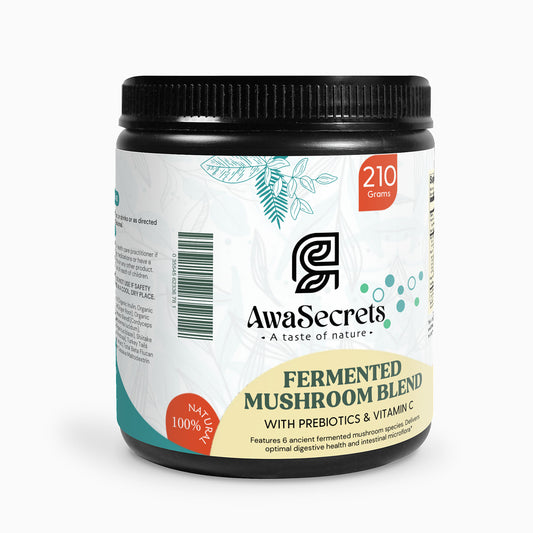Study of mushrooms
medicinal mushrooms
Embark on a journey into the realm of functional mushrooms, also recognized as medicinal mushrooms, which have been a part of traditional medicine for centuries, fostering health and addressing diverse ailments.
These remarkable fungi exhibit the incredible capacity to support our bodies in facing environmental stress, overcoming physical hurdles, and alleviating occasional emotional strains.
Recent research indicates that functional mushrooms harbor bioactive compounds that may offer immune-boosting, anti-inflammatory, antioxidant, and anticancer properties.
These bioactive components encompass beta-glucans, triterpenes, polysaccharides, ergosterols, and more.
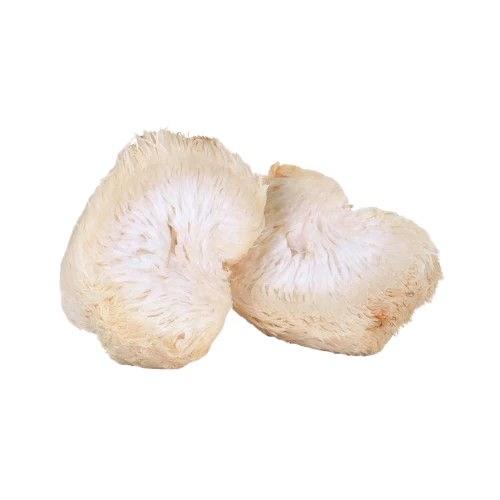
Lion's Mane
scientifically known as Hericium erinaceus, is a type of medicinal mushroom that has gained popularity for its potential health benefits. It contains compounds like hericenones and erinacines that may stimulate the production of Nerve Growth Factor (NGF), supporting brain health and function. This has led to its use in promoting mental clarity, focus, and memory.
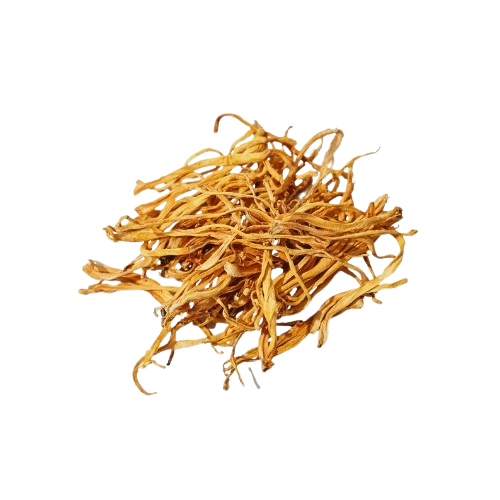
Cordyceps
Cordyceps is a unique and intriguing genus of fungi that has captured attention for its potential health benefits.Traditional uses of Cordyceps often involve its role in respiratory health. It is thought to have properties that support lung function and may be beneficial for individuals dealing with respiratory issues.

Reishi
Reishi, scientifically known as Ganoderma lucidum, is a type of mushroom with a long history of use in traditional Chinese and Japanese medicine. Reishi is renowned for its immune-modulating properties. It contains bioactive compounds, such as beta-glucans and triterpenes, that may help regulate and support the immune system.
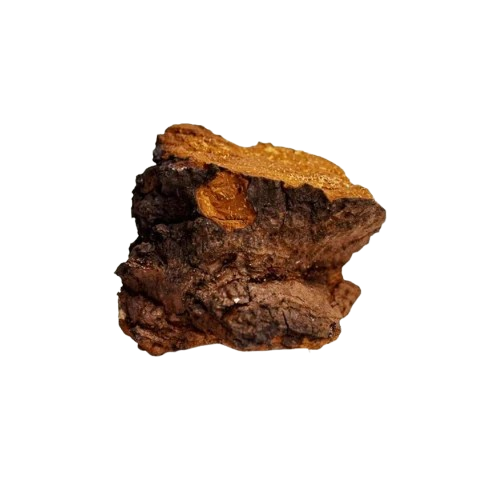
Chaga
Chaga, scientifically known as Inonotus obliquus, is a type of fungus that grows primarily on birch trees in cold climates. Chaga is rich in antioxidants, such as polyphenols. Antioxidants help combat oxidative stress by neutralizing free radicals in the body.
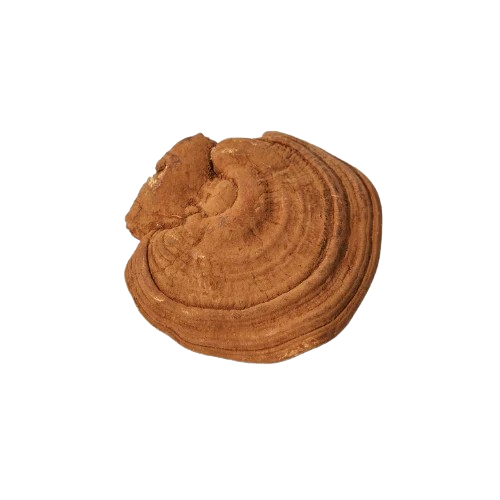
Turkey Tail
Turkey Tail, scientifically known as Trametes versicolor, is a type of mushroom that grows on dead and fallen trees, resembling the colorful tail of a wild turkey. Turkey Tail may promote a healthy balance of gut microbiota. Turkey Tail has been studied for its potential role in supporting cancer patients.
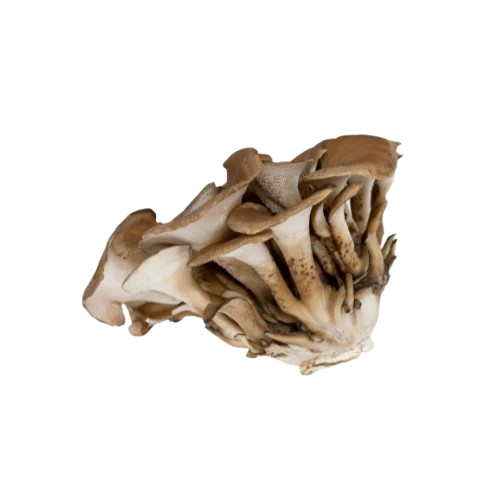
Maitake
Maitake, scientifically known as Grifola frondosa, is a mushroom species that has been valued in traditional medicine and culinary practices for centuries. Maitake mushrooms are rich in beta-glucans, particularly beta-D-glucans, which are compounds known for their immunomodulatory effects.
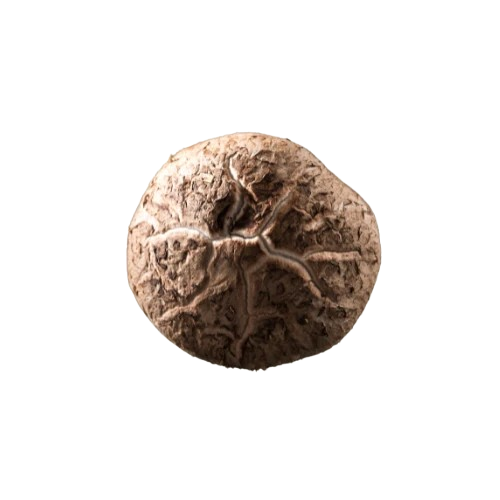
Shiitake
Shiitake, scientifically known as Lentinula edodes, is a popular and flavorful mushroom that has been a staple in Asian cuisine for centuries. Shiitake mushrooms are a good source of essential nutrients, including B-vitamins (such as B6 and pantothenic acid), minerals like selenium and zinc, and dietary fiber.





